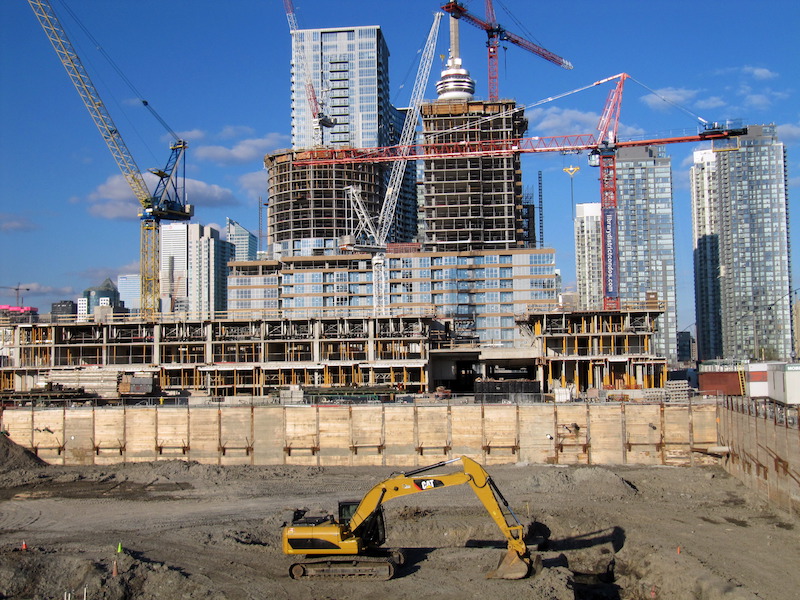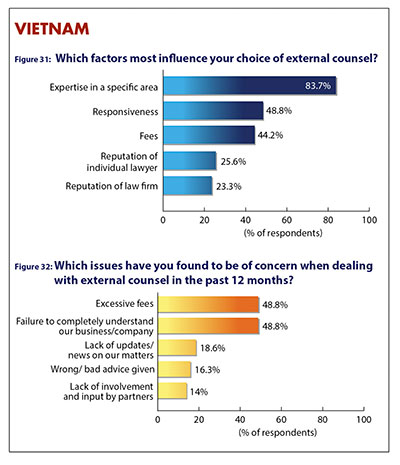Evaluating Admissibility of Confidential Information as Evidence in Disputes
BUI NGOC HONG, LE THANH CONG AND NGO DINH THIEN
To start a legal due diligence (LDD) investigation, it is customary for the purchaser to be bound by confidentiality obligations under a Non-Disclosure Agreement (NDA) signed with the target/sellers. The NDA is expected to prevent the purchaser from disclosing the confidential information gained during the LDD process.
When an M&A dispute arises, the following questions become practical for dispute resolution:
• Is the disclosure of information to the arbitral tribunal or arbitration center considered a breach of the NDA?
• Will the arbitral tribunal accept the confidential information as evidence for resolving the dispute?
The following case in this article will offer practical insights into the legal considerations surrounding the disclosure of confidential information in arbitration proceedings in Vietnam.
Case Background
The M&A transaction in this case involves a purchaser contemplating to acquire a majority stake in a target that operates an international hospital in Vietnam. Before commencing the LDD investigation, the parties executed an NDA specifying that all information provided must remain confidential, with the sole exception being disclosure required by State authorities.
During the LDD investigation, a misdiagnosis incident was disclosed to the purchaser. However, it was asserted by the sellers/target that this incident does not qualify as medical malpractice and accordingly, the sellers warranted that, to the best of their knowledge, no medical malpractice involving the target has occurred. Nevertheless, after closing, the purchaser became aware of other documents raising concerns about this incident potentially being a medical malpractice.
The purchaser then sought to terminate this transaction, alleging that the sellers’ incorrect disclosure breaches the fundamental representations and warranties (FRW). The case was then brought to arbitration, and the purchaser presented evidence related to the misdiagnosis incident.
The sellers, however, challenged the admissibility of this evidence, asserting it was safeguarded by the NDA and counterclaimed that the buyer breached its confidentiality obligations.
Breach of Confidentiality Obligations
In Vietnam, the exception of permitted disclosure as required by State authorities similar to the case mentioned above is typical standard. However, arbitration centers are considered private adjudicatory bodies rather than State authorities. So, sharing confidential documents with the arbitration center in this case may not fit in this exception under the NDA.
Alternatively, it could be argued that: by virtue of the arbitration agreement, the parties should be deemed to have granted implied consent for disclosure to arbitrator for the purpose of resolving the dispute. However, while this argument could be valid for information directly relevant to the terms of transaction documents, the information about the target obtained through the LDD investigations may arguably not be deemed to fall under this implied consent.
Given the potential ambiguity, unless an NDA explicitly allows for arbitration-related permitted disclosures, there is a risk that disclosing information about the target obtained from LDD investigations to the arbitration center could be deemed a breach of confidentiality obligations.
Admissibility of Confidential Information as Evidence in Vietnam Arbitration
Under the Vietnamese laws, the legal requirements of evidence are generally set out in the Civil Procedure Code 2015, which arguably applies only to Court proceedings. Meanwhile, the laws on arbitration are currently silent regarding the specific requirements for a document or information to qualify as evidence in arbitration proceedings. Even with the Civil Procedure Code 2015, the laws focus only on the formalities of the evidence,1 but not on whether such evidence was properly obtained.
Moreover, arbitral tribunals are not explicitly authorised to reject evidence presented by a party, even when such evidence was not properly obtained.
In the case above, while the sellers may claim that the purchaser has breached the confidentiality obligation under the NDA, such claim might be treated separately from the purchaser’s claim on the breach of FRW. That means, the admissibility of the evidence should not be affected due to a breach of a contractual arrangement.
Practically, the decision on evidence admissibility is usually subject to discretionary view of the arbitral tribunal on a case by case basis.
What to do?
Including arbitration in non-disclosure carve-outs
One option is to ensure that the carve-outs for non-disclosure obligations extend not only to the State authorities but also to arbitration, specifically for the purpose of resolving the disputes arising from the relevant transactions between the parties.
Making use of Arbitration – Court coordination
Alternatively, the arbitral tribunal or either disputing party may occasionally and under certain circumstances “borrow” the State power from the Court. In the case above, rather than submitting evidence directly to the arbitral tribunal, the claimant may simply present the claim and either seek or request the arbitral tribunal to seek a Court’s intervention in collecting the evidence.2
However, for the Court to be involved, it is required that the arbitral tribunal and the parties have exhausted all necessary measures to collect evidence but have failed to do so. This condition may be challenging to prove. Additionally, Court involvement may be time-consuming, and the private and confidential nature of the dispute may no longer be guaranteed.

Hong, Partner, LNT & Partners
Mr Hong is a Partner of LNT & Partners. He is in charge of M&A, corporate and commercial matters.
Mr Hong assists investors to achieve commercial objectives in investment in Vietnam, especially on restructuring, acquisitions, merger control, contracts, investigation, and dispute settlement.
When a dispute arises, Mr Hong assists to protect his clients, in his role as a mediator or an arbitrator.

Ngo Dinh Thien, Associate, LNT & Partners
Ngo Dinh Thien is an Associate at LNT & Partners, specializing in the Corporate/M&A practice group.
Thien is known for his responsiveness and ability to deliver practical solutions under time pressure. Prior to practicing law, Thien held positions as a lecturer at Ho Chi Minh City University of Law.

LE Thanh Cong, Associate, LNT & Partners
Mr. Cong serves as an Associate at LNT & Partners, and is a member of the corporate and M&A practice group.
Mr. Cong has been involved in a variety of complex local and cross-border M&A transactions. He also brings a solid background in advisory and transactional work across various industries, including fintech, technology, education, renewable energy, and e-commerce.
1 Civil Procedure Code 2015, Article 95.
2 Law on Commercial Arbitration 2010, Article 46.5 and Article 46.6






















